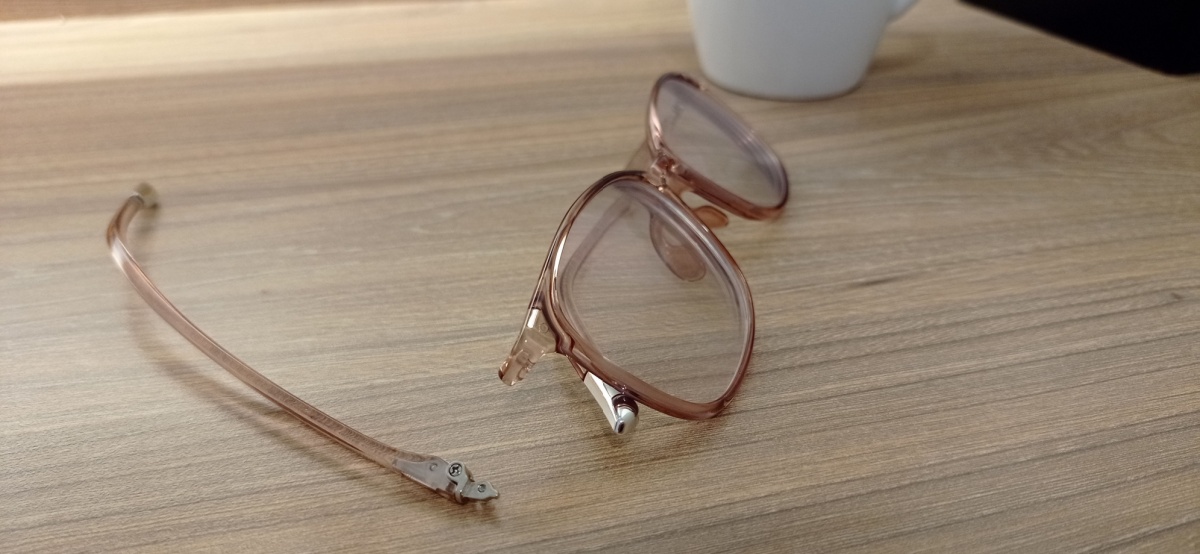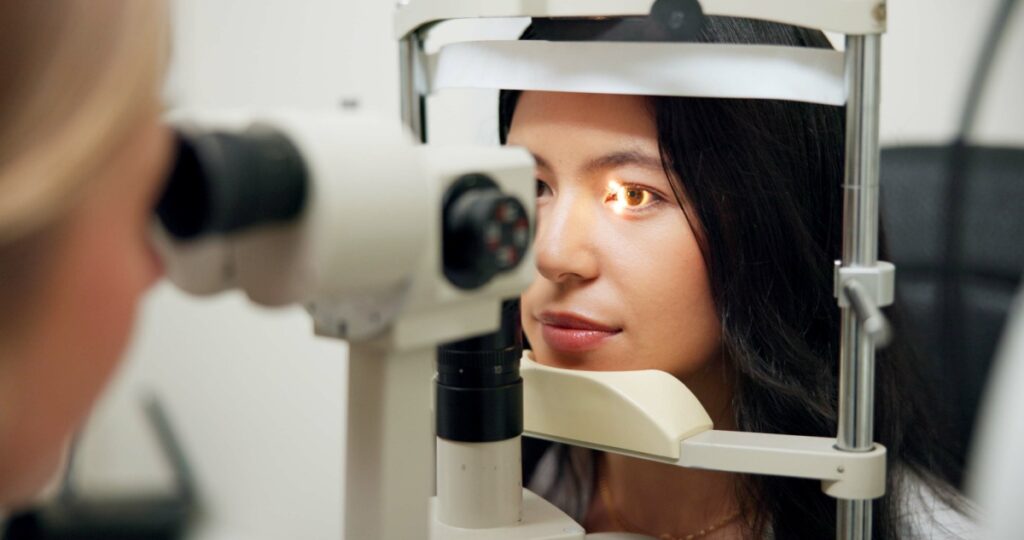The bright examination light shines overhead as you lean back in the comfortable chair, following the doctor’s finger with your eyes. The familiar routine brings a sense of comfort, knowing you’re taking care of your vision. But what brought you here today? How did you know it was time to schedule this appointment? The importance of timing is true for everything in life, and that applies to your eye exams as well. Here’s when you should get your eyes looked at and why it’s something you can’t afford to ignore.

Warning Signs You Need New Glasses: Don’t Wait
For most of us, we want our glasses to go the distance. They look great, they were a decent investment,


